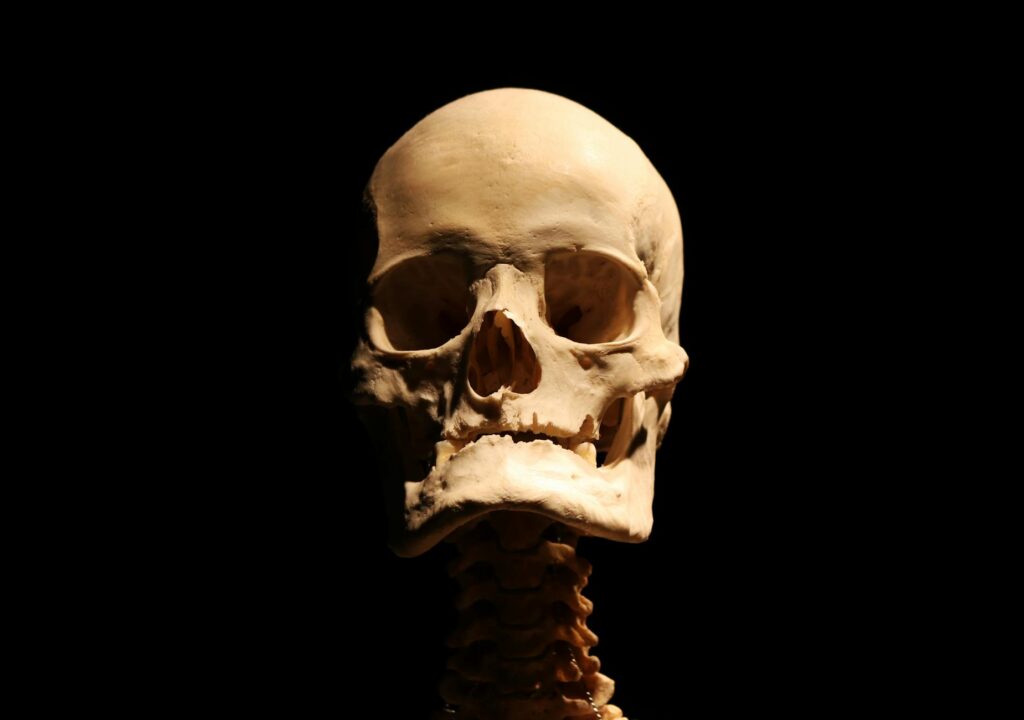What is temporal lobe?

What is temporal lobe?
The temporal lobe is a vital part of the human brain, playing a key role in numerous cognitive functions. It’s situated on the sides of the brain, right beneath the lateral fissure, and is crucial for processing auditory information, forming memories, and understanding language. But just how significant is this area? Let’s explore its anatomy, functions, and the impact of damage to this essential lobe.
Anatomy of the Temporal Lobe
The temporal lobe is one of the four primary lobes of the cerebral cortex, alongside the frontal, parietal, and occipital lobes. It’s located beneath the lateral fissure, bordered by the frontal and parietal lobes at the top, and the occipital lobe at the back. This positioning allows the temporal lobe to integrate various sensory inputs effectively.

Photo by adrian vieriu
Subdivisions of the Temporal Lobe
The temporal lobe can be subdivided into three main areas: the superior, middle, and inferior temporal gyri. Each of these areas has distinct functions:
- Superior Temporal Gyrus: This area contains the primary auditory cortex, responsible for processing sounds.
- Middle Temporal Gyrus: Involved in visual perception and language processing, this gyrus plays a role in semantic memory.
- Inferior Temporal Gyrus: This region is important for visual object recognition and is thought to integrate visual input with memory.
Understanding these subdivisions helps us appreciate how the temporal lobe contributes to our everyday experiences and interactions.
Functions of the Temporal Lobe
The functions of the temporal lobe are broad and significantly impact our cognitive abilities. Its primary roles include auditory processing, memory formation, and language comprehension.
Auditory Processing
The temporal lobe’s most notable function is its involvement in auditory processing. It is home to the primary auditory cortex, which processes sounds and enables us to recognize speech. This area allows us to differentiate between various sounds, tones, and pitches, turning mere vibrations into meaningful auditory experiences. Have you ever stopped to think about how you could identify a friend’s voice in a crowded room? That’s your temporal lobe at work.
Role in Memory Formation
Memory formation is another crucial function of the temporal lobe. It is home to the hippocampus, a structure vital for forming new memories and retrieving old ones. When you remember a friend’s birthday or a favorite vacation, your temporal lobe plays a key role in recalling those details. Studies have shown that damage to this area can lead to significant memory deficits, impacting one’s ability to learn new information or recall past experiences.
Impact of Temporal Lobe Damage
Damage to the temporal lobe can lead to a variety of cognitive and physical impairments. Conditions such as temporal lobe epilepsy can emerge from such injuries, affecting daily life.
Temporal Lobe Epilepsy
Temporal lobe epilepsy is characterized by recurrent seizures that originate in the temporal lobe. Symptoms can vary widely, but many individuals experience unusual sensations, déjà vu, or emotional disturbances during episodes. For those living with this condition, daily life can become a series of unpredictable challenges. These seizures may affect their ability to work, study, or engage socially, underscoring the importance of the temporal lobe in maintaining a balanced life.
Enhancing Temporal Lobe Function
Fortunately, there are ways to optimize the functioning of the temporal lobe. Engaging in activities that stimulate this area can enhance memory and auditory processing skills.
Cognitive Exercises for Memory Improvement
To boost your temporal lobe function, consider incorporating some cognitive exercises into your routine:
- Memory Games: Play games that challenge your memory, such as card-matching games or puzzles. These can help strengthen your memory recall abilities.
- Listening Exercises: Try listening to music and identifying the instruments or genres. This practice sharpens your auditory processing skills.
- Mindfulness and Meditation: Engaging in mindfulness practices can improve cognitive flexibility and enhance memory function. Simple breathing exercises can help reduce stress, leading to better cognitive performance.
By taking proactive steps to enhance your cognitive skills, you can support your brain health and improve your daily life.
Conclusion
The temporal lobe is a cornerstone of brain function, playing an integral role in how we process sounds, form memories, and understand language. From its complex anatomy to its vital functions, understanding the temporal lobe provides insight into its significance in our lives. By incorporating cognitive exercises and mindfulness practices, you can help optimize your temporal lobe function and ultimately enhance your overall cognitive health. Embrace these strategies, and watch how they can elevate your mental agility and memory recall.